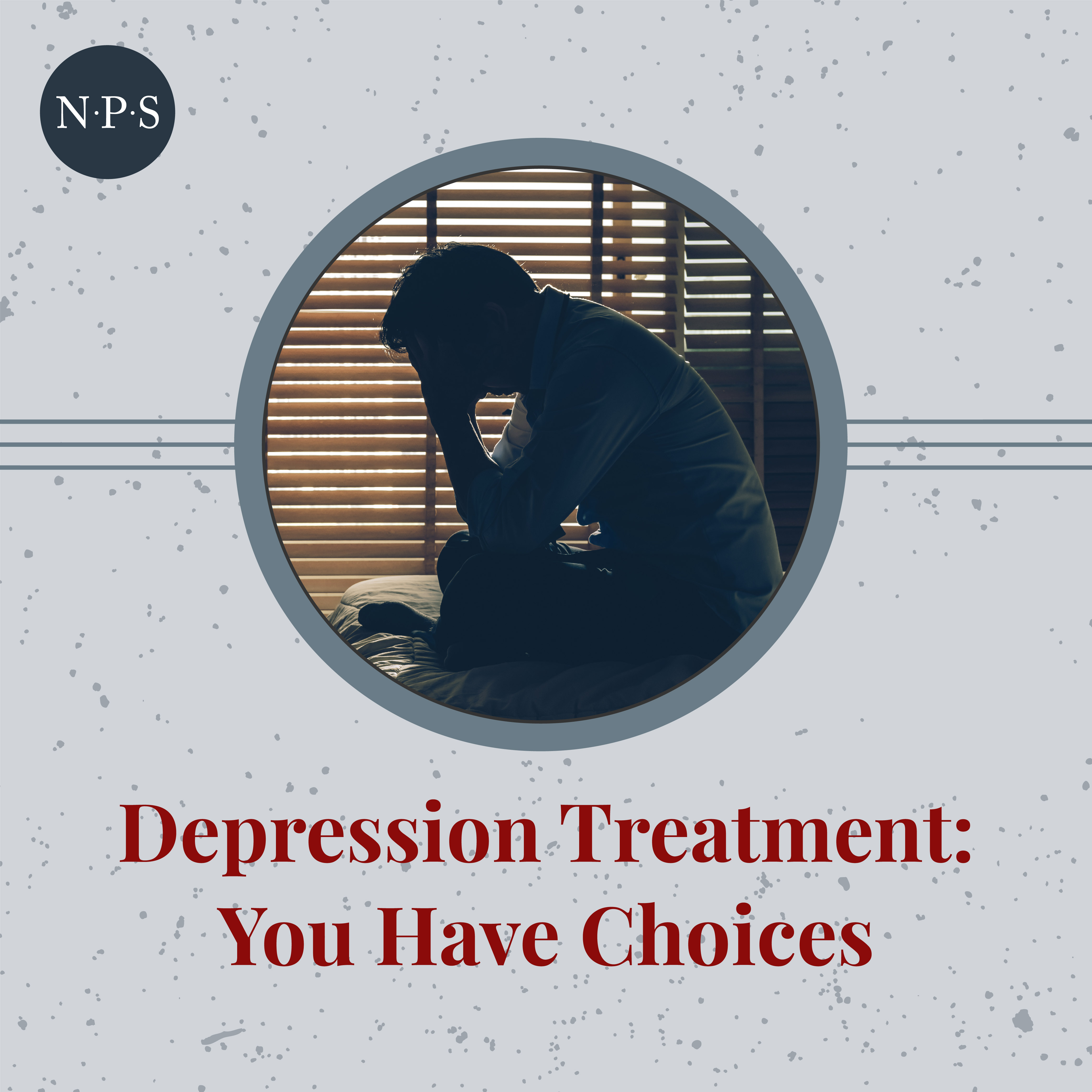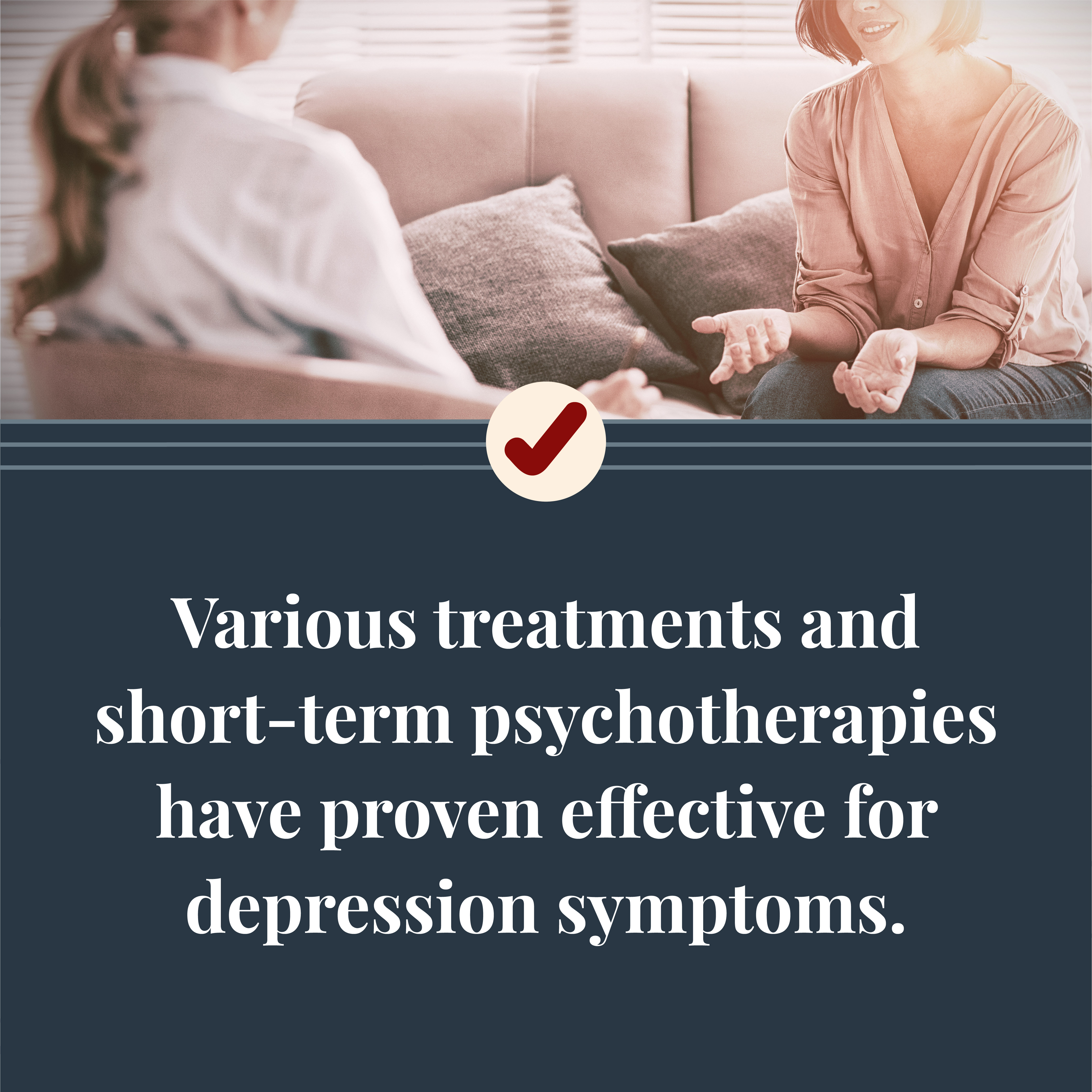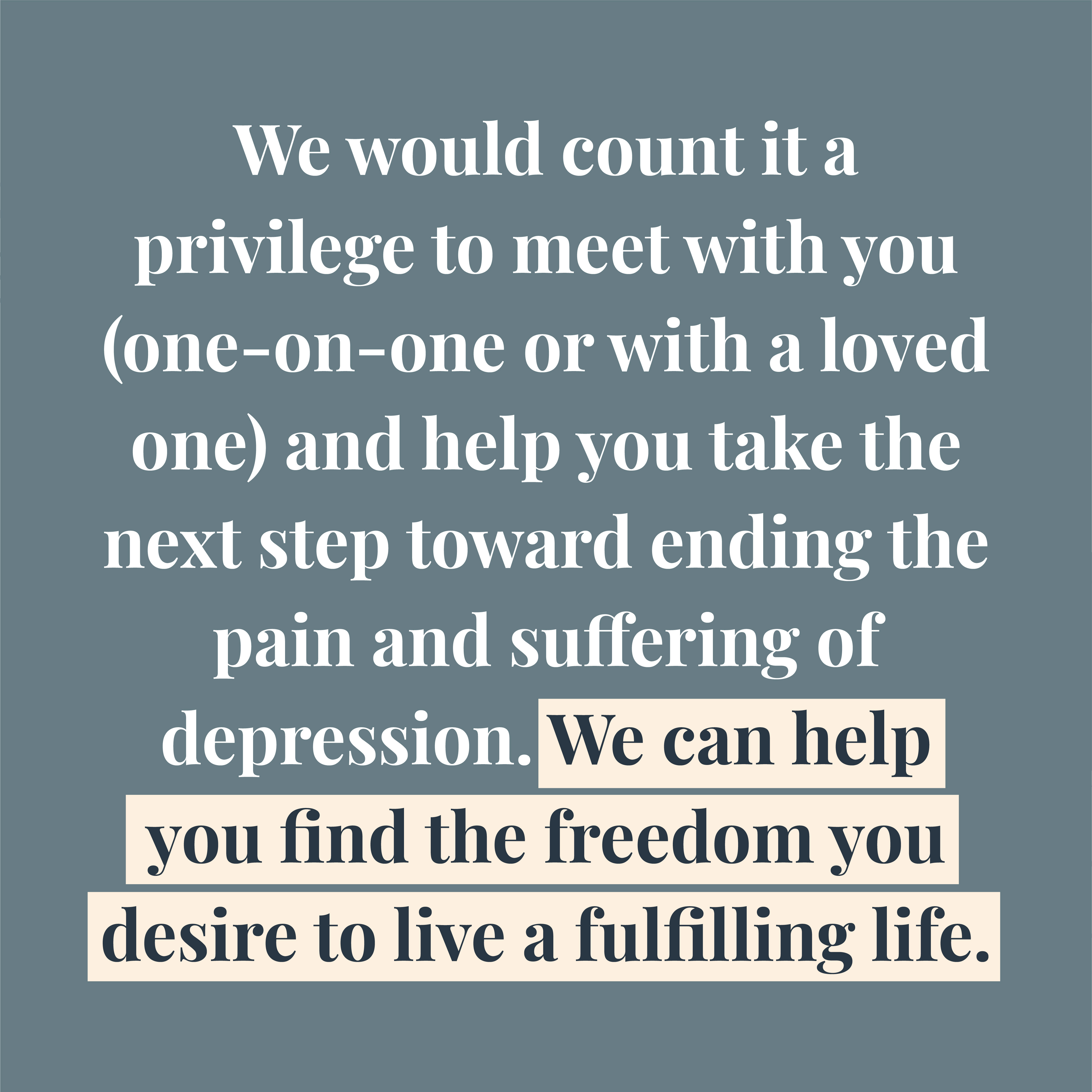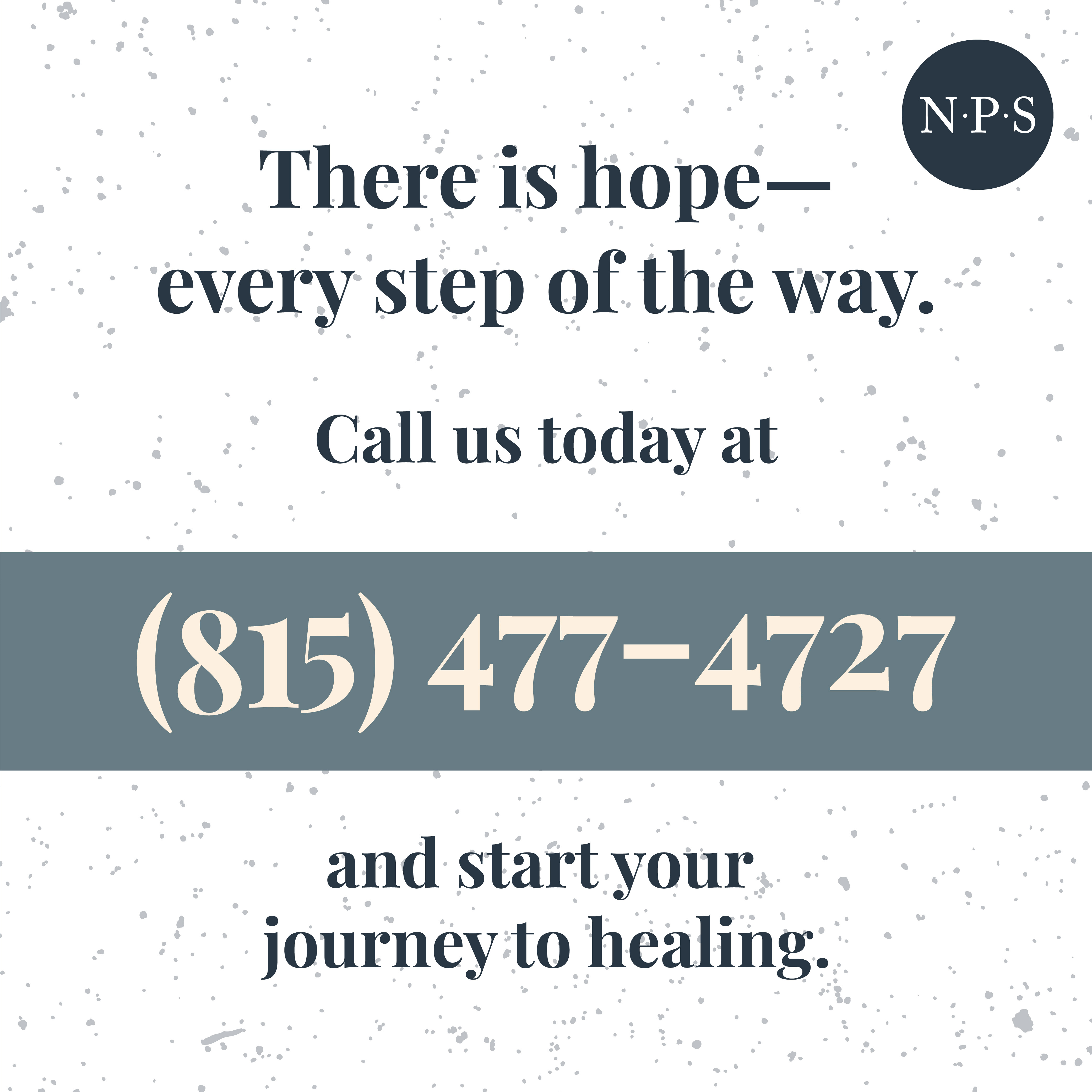How Is Depression Diagnosed and Treated at NPS?
We all experience sadness from time to time, whether it’s due to life events, changes in the weather, or unexplained melancholia. But when sadness lingers, you may wonder: am I clinically depressed or just unhappy?
This is a question we hear often from clients. And it’s an issue we are always happy to put to bed. (Remember, at NPS, we believe the first step towards healing is an accurate diagnosis.)
Here is how depression is defined, according to the National Institute of Mental Health:
- A serious and common mood disorder that affects how someone thinks, feels, and handles daily activities.
In other words, if your unhappiness affects your ability to sleep, eat, work, or care for loved ones, you could have depression. But you can’t be sure until you’ve spoken with a mental health counselor about your symptoms.
Why Do I Need a Diagnosis?
If you believe that you suffer from depression, you may wonder whether you really need an official diagnosis. While we understand not wanting to put a label on your experience, there are many proven benefits of mental health diagnoses. They include:
1. Getting Accurate Treatment
Without a depression diagnosis, it is difficult to get accurate and effective treatment for your condition. And research shows that mental health treatments do work. Your depression cannot be “cured.” But you can learn to manage symptoms and overcome challenges through treatment.
2. Overcoming the Unknown
Often, the unknown is much more difficult to cope with than the known. If you are nervous or scared of putting a name to your condition, know that getting a diagnosis will put a large share of your anxieties to bed. It’s better to move forward with the full picture than to continue living with the stress of what could be.
3. Accessing Available Resources and Services
There are many resources available to people suffering from depression. Without a diagnosis, you may find it difficult to access these resources and services. For example, sufferers of depression are sometimes eligible for financial assistance programs or savings cards.
4. Joining a Community
With a diagnosis of depression, you will suddenly find yourself a part of a large community. If you don’t know anyone openly battling depression, there are countless online support groups that you may find helpful. Plus, organizations like the Anxiety and Depression Association of America or the Depression and Bipolar Support Alliance exist to help you feel less alone. Through local or online gatherings, you can find interpersonal support on your journey.
How Is Depression Diagnosed?
Depression is diagnosed through a psychiatric evaluation. During this meeting with your counselor, you will answer questions about your mental health history, family history, feelings, thoughts, and behaviors.
At NPS, we work quickly to get you an accurate diagnosis. We don’t want you to continue living with negative emotions for longer than is necessary. During your mental health evaluation, we’ll cover a wide range of topics, including:
- Traumatic experiences from your past
- Your daily activities
- The sources of stress in your life
- Your relationships
- Your occupation
- Your upbringing
We will also perform an assessment to evaluate your cognitive function. When this is complete, we’ll have everything needed to provide you with an accurate diagnosis. From there, we can tell you which type(s) of depression you suffer from as well as the best courses of treatment.
What Are the Different Types of Depression?
Knowing that you have depression is a great first step. But it also helps to know what that means for you specifically. Often, depression is accompanied by other mental health conditions. Here are the most common varieties of depression:
- Anxious Distress
- Seasonal Affective Disorder
- Postpartum Depression
- Premenstrual Dysphoric Disorder
- Reactive Depression
- Major Depression
- Catatonic Depression
Depression can also be a side effect of other disorders, like Bipolar Disorder or Cyclothymic Disorder. That’s why we recommend a diagnostic evaluation: to give you a greater understanding of where your condition fits into the greater world of mental health conditions. Meet with our team and we’ll get you started on the first step toward health, happiness, and healing.
How Is Depression Treated at NPS?
One way to combat depression is through learned coping strategies. These will help you overcome negative thoughts and difficult memories. Our counselors prefer this method to traditional medication—although we recognize that some cases of depression require the use of antidepressants. That said, medication is never our first choice.
Instead, we prefer natural therapies to ease symptoms and provide support. The most effective natural treatments for depression include:
Talk Therapy
Talk therapy is sometimes referred to as psychotherapy. It’s a great way to learn how to deal with everyday stressors and gain a new perspective on your challenges.
Cognitive Behavioral Therapy
Cognitive Behavioral Therapy, or CBT, is proven effective in treating depression. Through CBT, you will learn how to modify your thought patterns to change your mood and behavior.
Natural Treatments
We believe that natural treatments are almost always preferable to medications. And there is a long list of natural remedies that help sufferers combat depression. They include:
- Changes to diet
- Positive thinking
- Neurofeedback therapy
- Exercise
Our bodies are made up of complicated systems. Sometimes, those systems fall out of balance. With a few thoughtful changes to your daily habits and routines, you can get your body (and your mind) back on track.
Christian Therapy
For people of faith, Christian Counseling is the natural solution for managing a mental health condition. If you would like to add a faith-centric element to your existing treatment, our counselors are here for you. Together, we can overcome difficulties and find greater purpose.
What Should My First Step Be?
If you are ready to overcome your mental health challenges, it’s time to get an accurate diagnosis. Give our team a call today to learn more about the process. We can also connect you with a qualified counselor via a 15-minute meet & greet. Before long, you’ll have all the information needed to get started with an effective treatment plan.
Are you ready to take the next step?
CONTACT US AND SCHEDULE YOUR FIRST APPOINTMENT TODAY.









